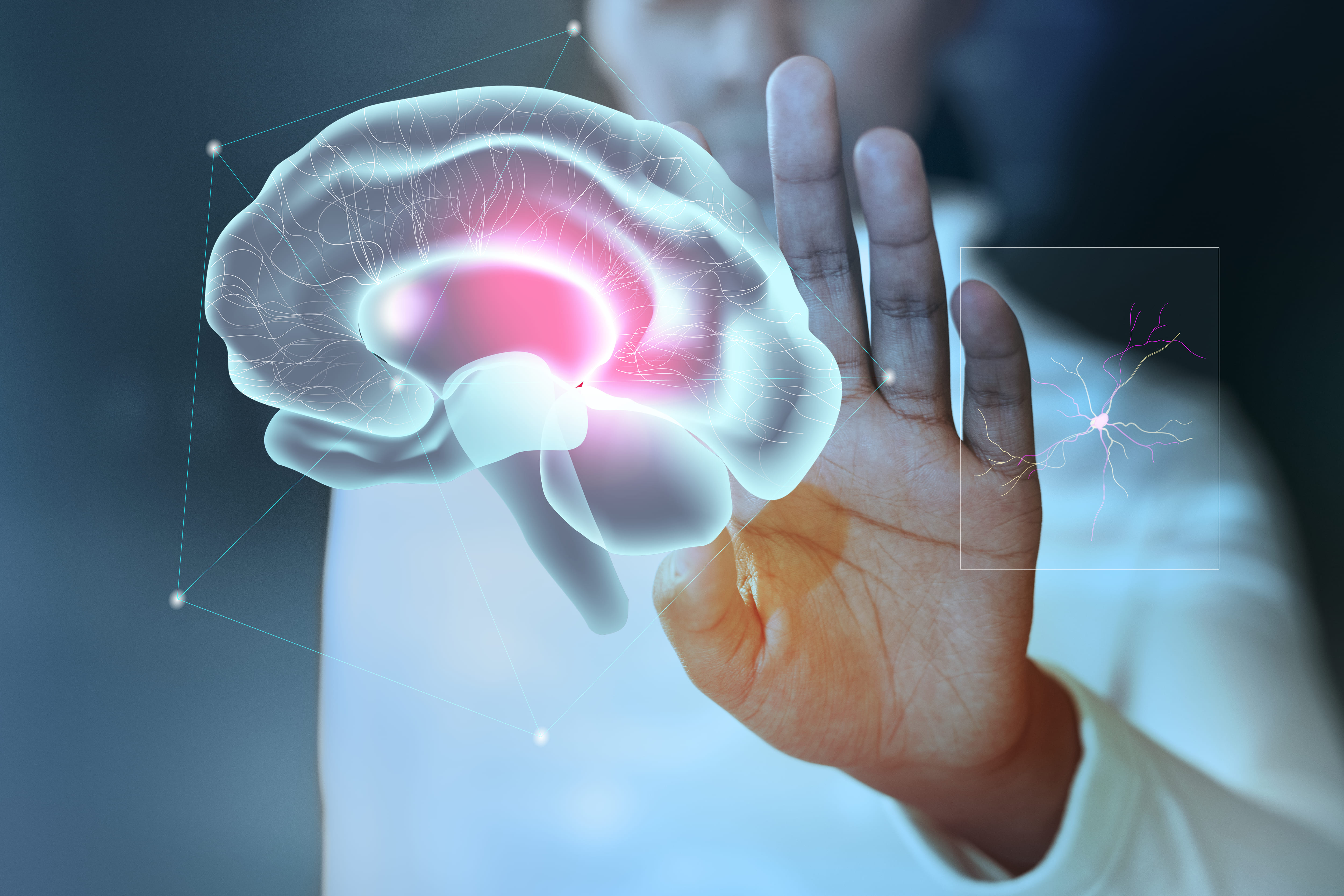As technology advances, so too does the Medical Industry. Artificial Intelligence (AI) is beginning to make its mark in healthcare, transforming the way doctors diagnose and treat patients. AI healthcare technology promises to revolutionize the healthcare industry and improve patient outcomes. In this blog post, we will explore the potential of AI healthcare technology and discuss the possibilities of how it may shape the future of healthcare.
Personalized Health Plans
AI-driven personalized health plans can be created based on a range of factors, including medical history, lifestyle habits, family history, genetics, and environmental factors. This data can then be used to develop a tailored health plan that takes into account the patient’s individual needs. For example, a personalized health plan could help doctors identify high-risk patients and provide them with early intervention. It could also help identify individuals who need additional screenings or preventive measures.
Automated Appointments
The use of AI in healthcare has the potential to revolutionize the way doctors and patients interact. Automated appointment scheduling is one of the many applications of AI technology that has been gaining ground in recent years. This technology uses artificial intelligence algorithms to help both medical professionals and patients find the best times to meet and communicate.
AI-driven systems can be used to match patient needs with doctor availability, as well as suggest better appointment times based on patient preferences. These automated appointment systems are capable of taking into account various factors such as insurance information, patient history, and doctor availability. AI-driven systems can also notify patients about upcoming appointments, remind them about doctor visits, and help them reschedule if needed.
These automated appointment scheduling systems help streamline the process of scheduling appointments and can significantly reduce no-show rates. In addition, these systems are convenient for both the patient and the doctor, as they make it easier to organize and manage patient schedules. Furthermore, AI-driven systems can improve patient care by reducing wait times and improving access to healthcare services.
Remote Patient Monitoring
By providing constant, personalized care, RPM systems enable patients to receive timely treatments, reduce their time spent in the hospital, and avoid unnecessary trips to the doctor. In addition, RPM allows for remote care for those who cannot easily get to a doctor’s office or clinic, such as those in rural or remote areas or those with mobility issues. RPM also provides greater access to specialists for those with rare conditions or illnesses.
RPM also provides healthcare professionals with better data on a patient’s medical history and current health status, allowing them to make more informed decisions about treatments. The data collected by RPM systems also allow doctors to more accurately track how a patient is responding to medication and adjust treatments accordingly.
RPM systems can be beneficial to both patients and healthcare providers. For patients, they offer more accessible, personalized care and peace of mind that their health is being monitored. For providers, they can reduce administrative costs and improve the accuracy of diagnoses. With advancements in AI technology, RPM is likely to become an even more integral part of healthcare in the future.
Smarter Drug Development
Advances in Artificial Intelligence (AI) and healthcare technology have made it possible to develop smarter drug treatments for a variety of conditions. AI-driven healthcare technology provides real-time data and analytics, enabling drug companies to develop drugs more efficiently and accurately. By leveraging this data, drug developers can identify the most effective treatments quickly and without the need for expensive clinical trials.
AI-powered drug development also offers faster and cheaper research into the effects of different drugs on individual patients. This is done by using algorithms to analyze patient data and compare it with known pharmacological effects. With this information, drug companies can assess the safety and efficacy of drugs much more quickly and with fewer resources than traditional methods.
AI-powered healthcare technology can also be used to customize drugs for individual patients. By combining drug development data with patient data, AI can be used to create personalized drugs tailored to the unique needs of each patient. This can reduce the cost of drug development and improve outcomes for patients who require specific medications.
AI-driven healthcare technology has the potential to revolutionize drug development and make treatments more accessible and affordable for all. As this technology continues to evolve, we can look forward to a future where smarter, more efficient drug development leads to improved treatments and better outcomes for patients around the world.
Conclusion
The use of AI healthcare technology is quickly becoming a vital part of the future of healthcare. AI-based health plans, automated appointments, remote patient monitoring, and smarter drug development are just some of the ways that AI is revolutionizing the way healthcare is delivered. With the growing prevalence of AI healthcare technology, the possibilities for the future of healthcare are endless. By leveraging AI, healthcare providers will be able to provide more personalized and comprehensive care, streamline processes, and improve overall outcomes. As the technology continues to develop, healthcare providers can look forward to a future where AI is an integral part of the patient experience.
Author bio
Eric Spin is marketing, healthcare, and technology blogger and an employee of AverickMedia. He has been writing about the intersection of these industries for several years. With a background in marketing and a passion for healthcare and technology, Eric provides valuable insights and analysis on the latest trends and innovations in these fields while working at AverickMedia.





